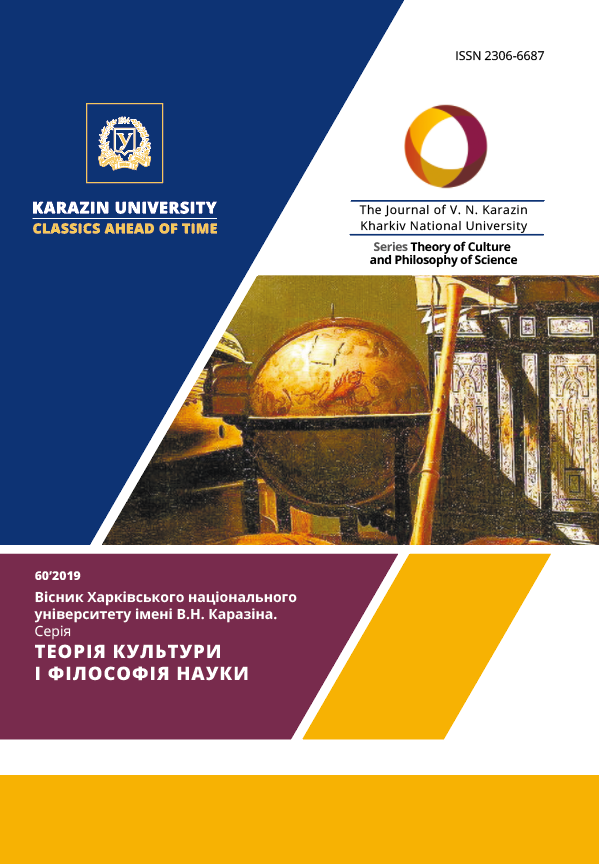Socrates – his philosophy and dialogical method
Abstract
In this article I look at the life of Socrates and his philosophy for a bit. Putting spiritual values to the forefront, Socrates considered their creation as the main goal of human life. And since, according to Socrates, spiritual blessings are not transmitted in finished form from one person to another, but are revealed and acquired in the search, in the study of oneself and others, in “taking care of the soul”, so far the rejection of such a search is tantamount to the rejection of life. . According to Socrates, dialogue and the dialectic (question-answer) method of defining concepts are necessary conditions for a joint search for truth.
The Socratic Dialogue and Dialectic method assumes the freedom of a person and is based on the democratic idea that man is a responsible being, capable of knowing the truth and making decisions at his own peril and risk.
Through the "test" of irony, Socrates exposed the unjustified claims of omniscience and infallibility, overthrowing all imaginary, pseudo-serious and all sorts of false authorities. Socratic irony is a search for true and positive, a call for a truly serious and significant, for their constant ordeal.
Socrates proclaimed: virtue is knowledge. But not all knowledge in general, but only good and evil, knowledge that leads to right, virtuous deeds. On this basis, he came to the conclusion that no one is angry at will, but only out of ignorance. The ethical paradoxes of Socrates marked the beginning of the ongoing and to this day controversy about the relationship of knowledge and virtue.
The idea of Socrates about self-knowledge, popular in the period of antiquity, often became the leading idea at the turning points of history and significantly changed the way people thought.
Socrates, who spoke of the impossibility of final knowledge about something (“I know that I do not know anything”), was equally known as the fact that a person is able to acquire knowledge and multiply it, as well as that knowledge and “art” by themselves - great power. However, he was convinced that this power could be used both for the good and to the detriment of man. According to his teaching, if a person did not make the question of self-knowledge, the alternative to good and evil, while consciously preferring good, any other knowledge — for all their usefulness — would not make a person happy if he did not make his main issue. Moreover, they can make him miserable.
It is not surprising, therefore, that Socrates' doctrine of self-knowledge is in close connection with the discussions that have been conducted lately not only in philosophical and scientific circles, but also among wide circles of intelligentsia both in our country and around the world around the problems of “man - science - technology, "science - ethics - humanism."
The themes of these discussions echo the Socratic understanding of the task of philosophy and the value of knowledge in general. These discussions and discussions are often accompanied by direct and indirect references to the teachings and personality of Socrates. And this is not by chance: polls, over which the ancient philosopher fought, did not lose relevance, which is why Socrates was and remains one of the eternal “companions” of humanity.
Thus, the philosophy of Socrates not only made a great impression on his contemporaries and students, but also had a noticeable influence on the entire subsequent history of philosophical and political thought.
Downloads
References
Гомперц Т. Греческие мыслители – СПб.: Алетейя, 1999. – 263 с.
Гусейнов А.А., Апресян Р.Г. Этика: Учебник. – М.: Гардарика, 1998.
Кессиди Ф.Х. Сократ. - СПб.: Алетейя, 2001. – 352 с.
Трубецкой С.Н., Курс истории древней философии. - М.: Высш. шк. 1997.
Митрошенкова О.А. Философия: Учеб. пособие – М.: Гардарики, 2002
Гросс Рональд. Путь Сократа. – М.: Попурри, 2004.
Горбачев В.Г. Основы философии. – М.: Гуманитарный издательский центр ВЛАДОС, 2002.
Вандишев В. М. Риторика: екскурс в історію вчень і понять: Навч. посібник. – К.: Кондор, 2003. – 264 с.
Мацько Л.І., Мацько О.М. Риторика: Навч. посіб. – К.: Вища школа, 2003. – 311с.
Петрушенко В.Л. Філософія: Курс лекцій. Навчальний посібник для студентів вищих закладів освіти. – Л.: «Новий Світ-2000», 2004. – 528 с.
Володимир Лис про Сократа, Данила Галицького, Фернандо Маґеллана, Ісаака Ньютона, Шарлотту, Емілі, Енн Бронте» / В. Лис — Київ : Грані-Т, 2008. — 136 сторінок — Серія «Життя видатних дітей»
Лосев А. Ф. История античной эстетики. Софисты. Сократ, Платон. М., 1963 (репринт. 1994)




